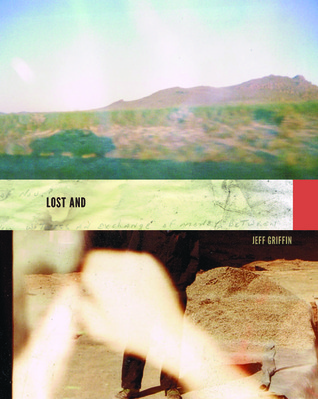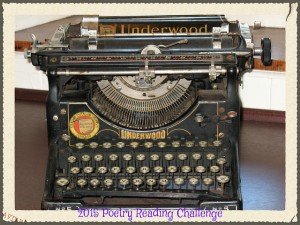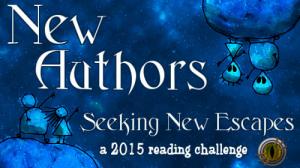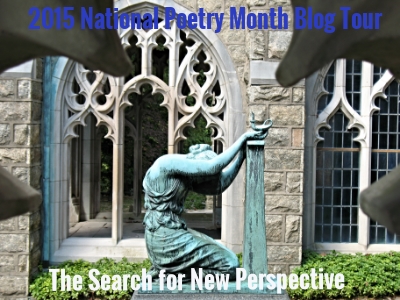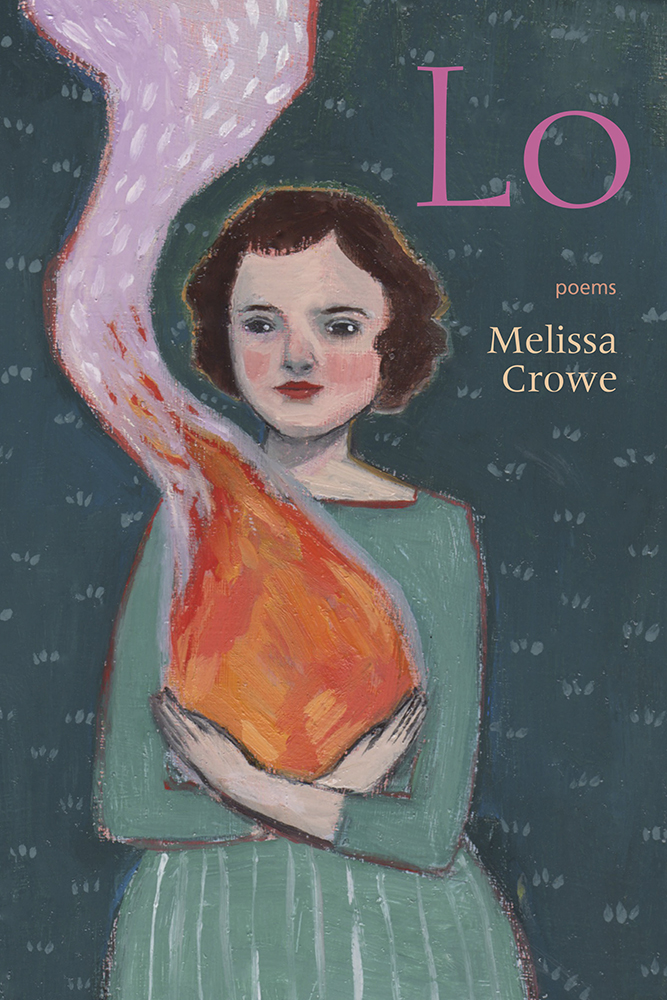 Source: Publisher
Source: Publisher
Paperback, 88 pgs.
I am an Amazon Affiliate
Lo: Poems by Melissa Crowe, 2022 Iowa Poetry Prize winner to be published in May 2023, is an expression of grief, longing, and joy all at once as the young girl growing up within these poems and pages finds that the world is all at once beautiful and ugly. This song echoes throughout the collection from the opening poem, “The Self Says, I Am,” readers will see the whimsical imagination of a young girl surrounded by a rural landscape, but within that landscape blisters and sunburn can form, causing a young girl to learn to be “nimble” and “learned.”
The narrator of “Thrownness” says, “Maybe home is what gets on you and can’t//be shaken loose.” Taking the lighters side of that observation it is clear Crowe’s roots in Maine are still with her in the imagery she chooses, but on the flip side of that, the darkest parts of our childhood lives leave indelible scars. “Remember how every branch/on that same street seemed blessed with fat red berries/your mother said would make you sick and how — always/hungry, cupboards bare — you would not stop tasting them/anyway.” (pg. 5-6)
In many of these early poems, a young girl is yearning and she cannot get enough, even when what she receives is not necessarily the best thing for her. She is loved, but there are parts of her story that include attention, not necessarily love. Part 3 of this collection houses a variety of poem structures that tell a traumatic tale, and each mirrors the emotional state of the narrator. (be advised these can be triggering) “Thank god I thought, burning,/somebody will ask me. Nobody asked me.//Thank god I thought, burning, knowing/for the first time maybe what he’d//done to me, that what he’d done to me was/wrong enough to go to jail for, if you told.//” (“When She Speaks of the Fire,” pg. 30) This is where the reader weeps for this girl. You cannot help but weep. It is because the narrator is speaking directly to the reader, even if it’s framed as spoken to someone else. You are drawn in, you are “watching through a crack as thick as a man’s/fingers what unfolds beyond your power/to undo.”
Lo: Poems by Melissa Crowe is not focused just on the trauma and telling of it; it is the emotional journey of telling it and learning how to navigate the debris and the disappointment with loved ones who were supposed to protect you and didn’t/couldn’t and didn’t want to speak aloud about it even when it is clearly needed for healing. Another not-to-be-missed collection; pre-order it now.
RATING: Cinquain
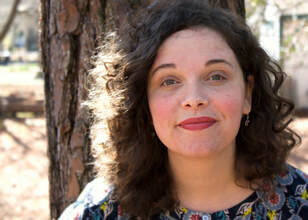
Melissa Crowe is a poet, editor, and teacher. She was born in Presque Isle, Maine, but she currently lives with her family by the sea in Wilmington, North Carolina. Crowe is an assistant professor of Creative Writing and Coordinator of the MFA program at UNCW. Her first full-length collection, Dear Terror, Dear Splendor was published by University of Wisconsin Press in 2019, and her second book, Lo, won the Iowa Poetry Prize and is due out from the University of Iowa Press in May 2023.
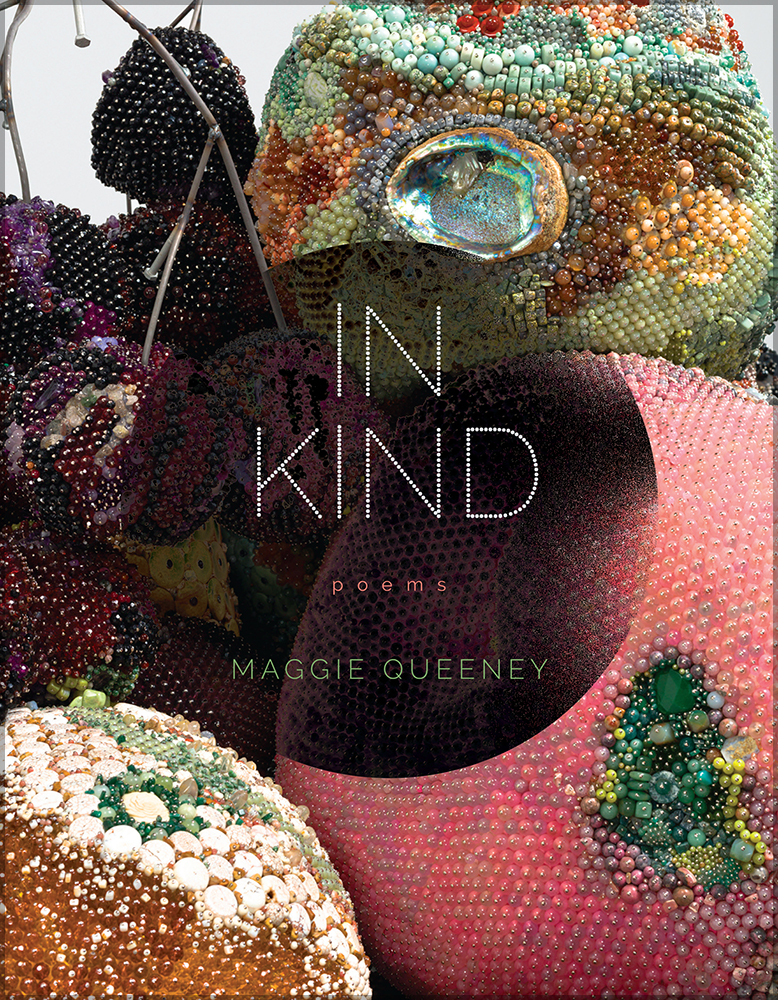
 About the Poet:
About the Poet:










 About the Poet:
About the Poet:
 About the Poet:
About the Poet: